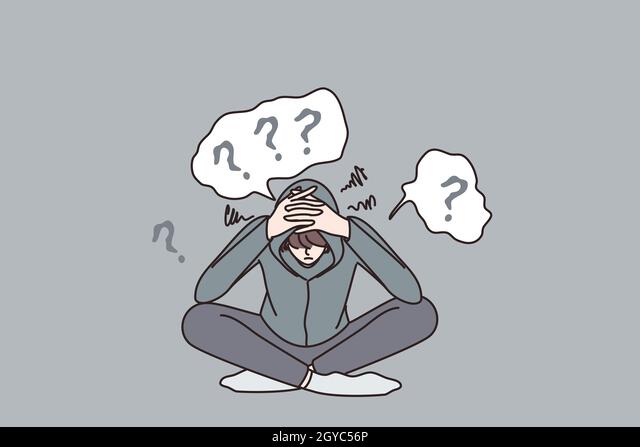Whether you are currently suffering from a PTSD condition or are considering treatment, you may be looking for a solution that will help you to deal with your symptoms. There are a number of PTSD treatment centers that specialize in helping people deal with the symptoms of PTSD. These centers have experienced staff that are trained to help people overcome the symptoms of PTSD. PTSD treatment with Ibogaine is one of the best treatments that can help people deal with PTSD.
Symptoms of post-traumatic stress disorder
Symptoms of post-traumatic stress disorder (PTSD) can be debilitating. The condition affects people of all ages, but women are more likely than men to develop it. It can be caused by a traumatic event such as a car accident or sexual abuse. The symptoms of PTSD can last for weeks or months.
The symptoms of PTSD include an increased arousal level, which may include difficulty falling asleep, anxiety, and outbursts of anger. Some people also have hallucinations, thoughts about the trauma, and negative mood.
In some cases, symptoms can go on for years, which can cause serious health problems. Long-term PTSD can also lead to Alzheimer’s disease, dementia, and even suicide.
Ibogaine therapy has been shown to be an effective way to treat PTSD. It may help patients recover from trauma, and it may even help them find closure. Ibogaine therapy can also reduce depression and suicidal thoughts.
One study conducted in Mexico found that ibogaine can reduce the symptoms of PTSD. The study included 51 combat veterans who had received ibogaine therapy. They had significantly less suicidal thoughts and anxiety.
In addition to the treatment of PTSD, ibogaine therapy has also been used to help people with depression, drug addiction, and anxiety disorders.
Side effects of ibogaine
ibogaine is a naturally occurring plant compound. It’s extracted from the bark of the iboga shrub, native to Central Africa. The compound is used in African spiritual traditions and for medicinal purposes. Various doses of ibogaine are available in many countries. In addition, upstart pharmaceutical companies are racing to develop drugs that act like ibogaine.
Ibogaine is also used in clinical trials to treat opioid addiction. However, the US Drug Enforcement Agency (DEA) has designated it as a Schedule I substance, meaning that it’s illegal in the U.S. and it’s not approved by the FDA.
Ibogaine is a promising psychedelic for addiction treatment. It’s not a magic bullet, but it can break the habitual patterns of addiction, allowing patients to break free from their cravings for opioids. In fact, some users remain sober for years after ibogaine treatment.
In addition to its pharmacological effect, ibogaine seems to be able to rewire the brain. Studies suggest that it may increase neurotrophic factors, which encourage neuron growth and promote plasticity. This process may also lead to a reorganization of the amygdaloid-brainstem system, thereby eliminating long-range correlations that have been destroyed through trauma and abuse.
In addition to its medicinal applications, ibogaine is also being used as a personal development tool. Studies have shown that ibogaine can take users on a visual journey, where they report a connection with God or their ancestors, contact with spiritual guides, and visions. Ibogaine can also help people forgive themselves and others. It can also help people break free from addictions to other drugs.
PTSD treatment centers for co-occurring conditions
Psychedelic treatments like ibogaine are touted as having some impressive therapeutic properties, including reducing or eliminating alcohol consumption. In fact, one case report in particular documented a notable reduction in alcohol use after receiving treatment.
In the same vein, ibogaine also has the honor of being one of the few non-nucloidal opiate replacement therapies known to be effective in alleviating PTSD. Psychedelic treatments may have the potential to improve PTSD symptoms in a relatively short period of time, especially in individuals with a history of substance abuse. Ibogaine has also been found to have a positive impact on anxiety and mood, as well as improve sleep quality. In fact, a review of ibogaine clinical trials revealed a trend towards improved PTSD outcomes in patients with PTSD who were receiving treatment.
The big question is: how can we best apply ibogaine treatments to address the myriad co-occurring disorders that plague Veterans in the present? The answer to this question is: by utilizing novel pharmacologic treatments that can be coupled with trauma-focused psychotherapy in a non-disruptive manner. In the end, we should be able to improve outcomes for the tens of thousands of Veterans and their families. As such, ibogaine treatments are a vital ingredient in a well-rounded PTSD treatment program.

